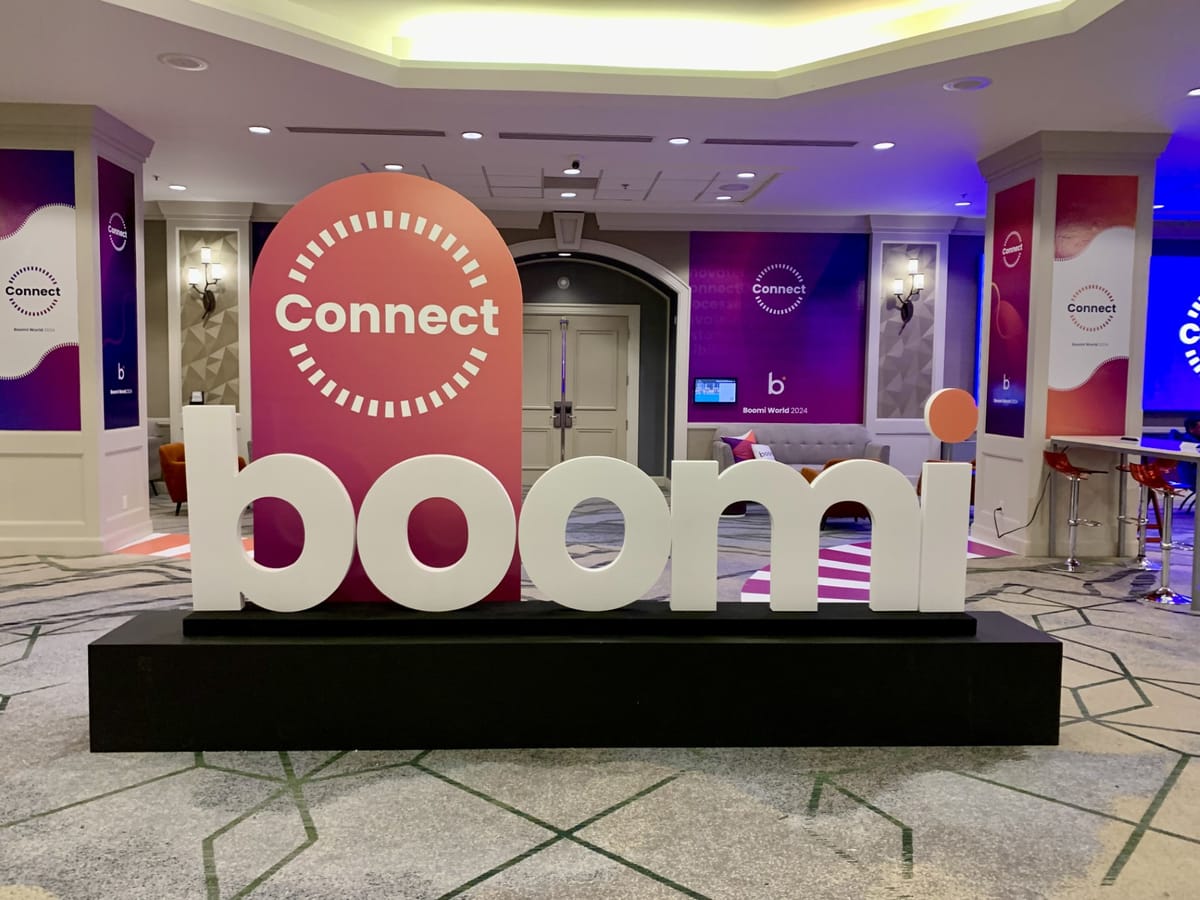
Only enterprise applications that can reason will survive the next five years, the CEO of Boomi declared as the integration vendor kicked off its customer shindig in Denver this week.
Steve Lucas’ prediction came as the firm announced the acquisition of a brace of API management companies as it looks to strengthen its ability to scale its operations to match the demands of the AI revolution. The vendor also unwrapped a revamped Data Hub and an Agent Guardian Architecture to reinforce its position in the expected AI shootout.
Taking the stage in the mile high city Lucas said the gen AI explosion meant that “everything you know will be reimagined.” This includes enterprise applications, most of which, he said, were originally imagined sometime in the last century.
“The only enterprise applications that will remain five years from now will be the ones that can reason,” he declared, meaning they will use AI to deliver answers to users, not just “reports”.
That ability to reason will be based on data, but also on bringing sense and connectivity to the existing sprawl of applications and information that enterprises and other organizations have spawned over the decades.
That obviously plays to Boomi’s legacy in process automation, API management and data integration. But it presents an entirely different challenge of scale and efficiency.
Which is why the company has acquired APIIDA’s federated API management operations. It has also taken on API management assets from Cloud Software Group. Lucas said in a statement that they would feed into an “enterprise grade and federated API management solution” that would allow customers to “infinitely scale in one end to end enterprise platform.”
Lucas also unveiled the Boomi AI Agent Framework which will allow customers to curate, integrate and train Boomi, third party and customer developed agents. The firm unwrapped four agents of its own: Boomi Answers; Boomi DataDetective; Boomi DesignGen; and Boomi Scribe.
“What Boomi will allow you to do is take a model, take your data, and then train it or fine tune it,” he said.
It also announced an OEM deal with Vianai Systems, in the shape of Boomi FinTalk powered by Vianai. This will use Boomi to connect to financial data within an organization, and allow finance pros to interrogate with conversational AI. And, said Vianai founder and CEO, and former Infosys CEO, Vishal Sikka, it would incorporate “anti-hallucination techniques”.
“The thing about generative AI is that it hallucinate,” said Sikka. “It sometimes makes things up makes mistakes. And this is inherent to LLM technology itself. So we work hard to fix that.”
Boomi DataHub is, according to the company, a “trusted data foundation for operational, analytical and AI workloads.” Amongst other things it provides master data management, and will scale over time to include other data management capabilities.
AI ran through pretty much every announcement Boomi made. Lucas said “This is a pivotal moment for each and every one of us.” Less than two years after the debut of Chat GPT, he said, people were using generative engines to get answers, something that threatened Google’s dominance of search.
In another two years, he predicted, no human will approve an expense report. “Because large language models will perfectly learn how human judgement has been applied, and intersects with corporate policy and they will apply it faster and more consistently than you ever can.”
Looking beyond that, he said, “All these decisions that we assume are human today will not be human going forward.” Good for those of us waiting to have expenses signed off. Worrying, perhaps, for everyone else.
